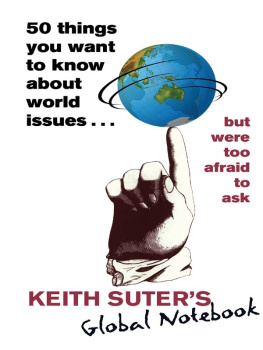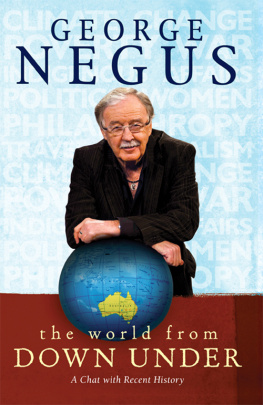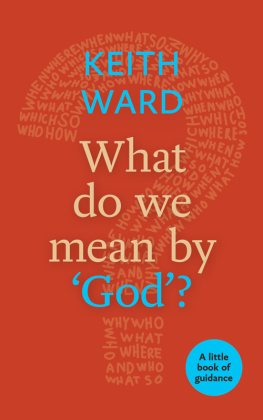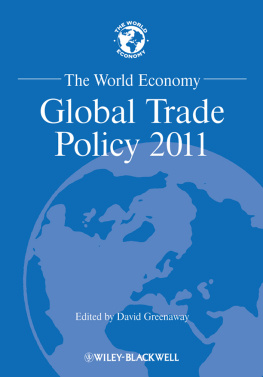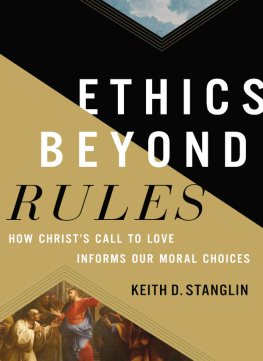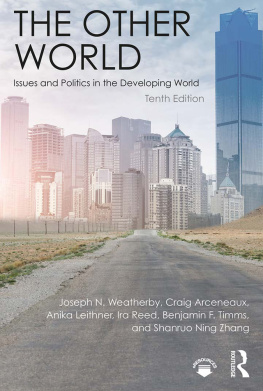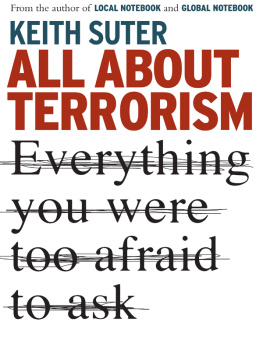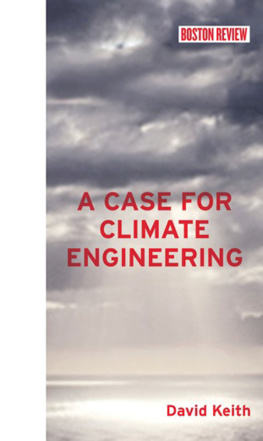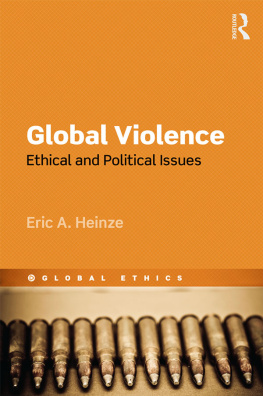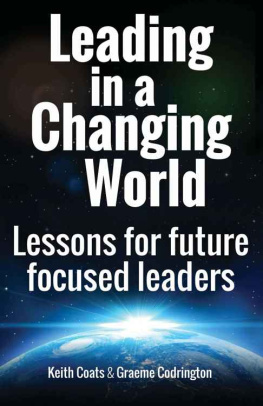

All rights reserved. No part of this book may be reproduced or transmitted by any person or entity, including internet search engines or retailers, in any form or by any means, electronic or mechanical, including printing, photocopying (except under the statutory exceptions provisions of the Australian Copyright Act 1968 ), recording, scanning or by any information storage and retrieval system without the prior written permission of Random House Australia. Any unauthorised distribution or use of this text may be a direct infringement of the authors and publishers rights and those responsible may be liable in law accordingly.
50 Things You Want to Know About World Issues But Were too Afraid to Ask
9781742754475
50 THINGS YOU WANT TO KNOW ABOUT WORLD ISSUES
BUT WERE TOO AFRAID TO ASK
A BANTAM BOOK
First published in Australia and New Zealand in 2005 by Bantam
Copyright Keith Suter, 2005
All rights reserved. No part of this publication may be reproduced, stored in a retrieval system, transmitted in any form or by any means, electronic, mechanical, photocopying, recording or otherwise, without the prior written permission of the publisher.
National Library of Australia
Cataloguing-in-Publication Entry
Suter, Keith D.
50 things you want to know about world issues
but were too afraid to ask
ISBN 1 86325 503 6.
1. World politics. 2. International relations. I. Title.
327.1
Transworld Publishers,
a division of Random House Australia Pty Ltd
20 Alfred Street, Milsons Point, NSW 2061
http://www.randomhouse.com.au
Random House New Zealand Limited
18 Poland Road, Glenfield, Auckland
Transworld Publishers,
a division of The Random House Group Ltd
61-63 Uxbridge Road, Ealing, London W5 5SA
Random House Inc
1745 Broadway, New York, New York 10036
Front cover illustration of hand courtesy of Getty Images
Cover design by Darian Causby/ www.highway51.com.au
Contents
Introduction
These days we are deluged with information about world affairs. All the great improvements in communications have meant that we can learn more about the world, in less time than ever before.
The problem now is not information, but making sense of it all. This means trying to see the underlying patterns. Events do not just happen one after another: there is often a theme or two behind them. Political miscalculation, war, greed, stupidity are unfortunate common characteristics throughout history, although of course there are positive themes as well.
Meanwhile, there are really substantial changes also taking place that are unprecedented. For example, there is the impact of globalisation, which is the biggest change to the international order for 350 years. We have embarked on a journey to an unknown destination. No one knows for sure what the world will look like in, say, fifty years, and to what extent it will have changed.
The purpose of this book is to provide capsule commentaries on what is taking place internationally. The fifty questions are derived from the major issues that have arisen over the years on my Channel 7 Sunrise segments and interviews on Sky TV, Radio 2GB and ABC Radio.
The answers are based on three factors: putting the question into context to provide a sense of history, analysing the current situation, and suggesting how the situation may evolve. I hope that with this book in hand you will be better able to make sense of the complicated world that we live in and make your own decisions about current issues.

I am often asked this question and it is a great basis for understanding world affairs. There are about 200 countries in the world. The 191 that belong to the United Nations are known as nation-states. The rest are micro-states and have a population smaller than that of inner Sydney.
The creation of nation-states was a deliberate process that began some centuries ago in Europe. Rulers needed to consolidate themselves against domestic and foreign forces. In order to subdue what was a patchwork quilt of barons and other localised authorities, they created what we now call the early monarchies such as those in England and France. Some of the monarchies eventually became republics, but they all shared a common characteristic: a strong central national government to run their affairs. This European system of government was eventually taken around the world and is now the international norm.
The government had to manufacture loyalty to the nation-state and so each country over time evolved a series of symbols to reinforce the peoples consciousness of their national identity: a flag, an anthem, historical figures and events, special holidays. Schoolchildren studied universal subjects such as mathematics, science and geography, but other elements in the curriculum especially history took on a national focus, just as teaching itself followed a national pattern. Gradually, there came to be one national language for a country.
The creation of a national identity was necessary to underpin foreign policy: it constituted the distinction between the national community, which the government represented abroad, and the foreigners it dealt with. Over the centuries, as governments have required more and more from their citizens such as taxes and conscripts theyve had to work harder at creating a sense of national identity.
The process of European colonisation
Europe has dominated the globe for five centuries. The process of colonisation began around AD1500, when Europeans started sailing to every part of the world in search of gold, silver, spices and other commodities. Spain and Portugal two of Europes oldest nation-states were first to venture forth, followed by other nation-states such as the Netherlands, France, Britain, Belgium, Italy and Germany.
The exploitation of Africa offered the colonisers the opportunity to set up a triangle of trade: Europeanmanufactured goods were used to buy African slaves from Arab slave traders; the slaves more than 11 million people were shipped across the Atlantic to the Americas, where they worked on sugar, cotton and tobacco plantations, the produce of which was shipped to Europe. People wishing to escape persecution in Europe also fled to the Americas, where they took over parts of the land. Australia, too, was colonised and became a dumping ground for British convicts. There were various motives for colonisation, but the overall effect was that thriving indigenous civilisations were destroyed and European citizens and values were imposed on the land.
Colonialism not only destroyed civilisations, it also transported rivalries between the colonial powers to other parts of the globe. The victims of colonialism were drawn into struggles they knew nothing about and were often recruited into European forces to fight for European causes such as Indian forces fighting for the UK in World War I and World War II.
Colonialism had its critics even at the height of imperialism a century ago: they argued that it was wrong for one country to dominate another. These critical voices grew much louder during World War I, which was blamed partly on competing colonial ambitions between Germany and other great powers. After the war, Allied countries agreed for one of the few times in history that the victorious countries should not take over the territories of the defeated countries. Instead, they should be held in trust, called a mandate, to be put on the road to independence. This work was overseen by the League of Nations.

